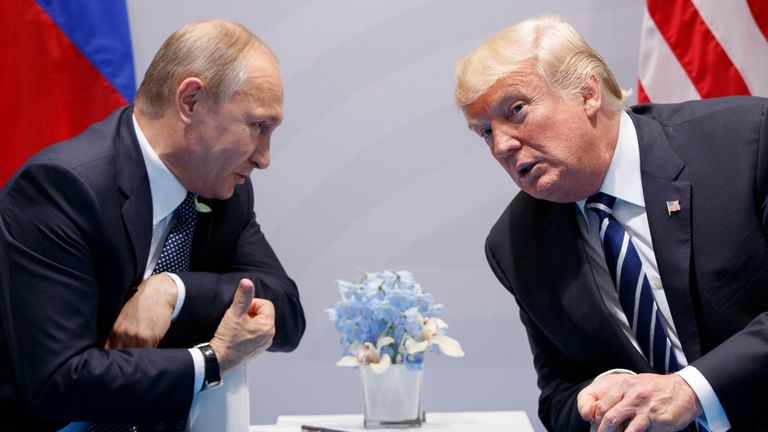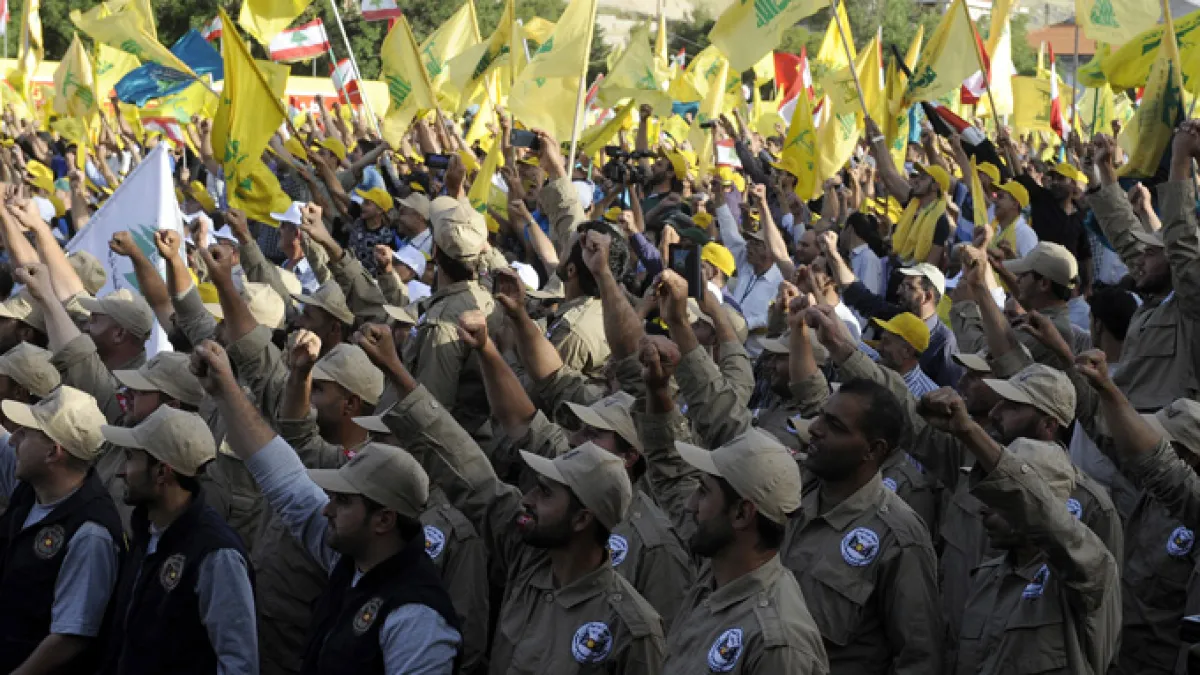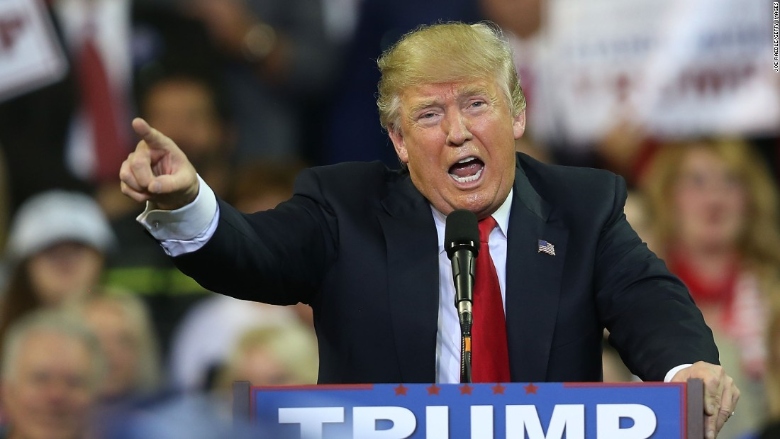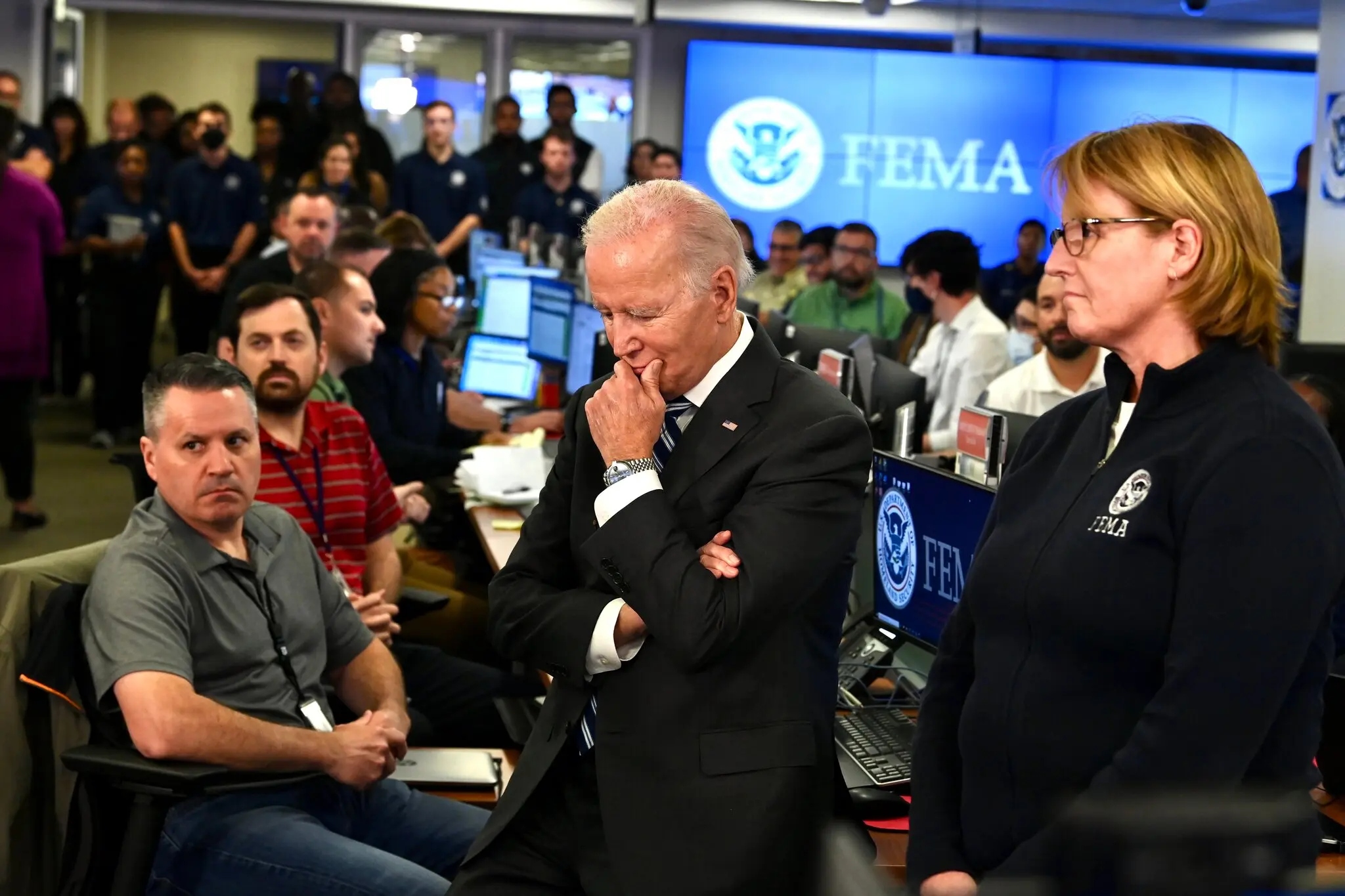The Kremlin has firmly denied reports of a recent phone conversation between Russian President Vladimir Putin and U.S. President-elect Donald Trump. Spokesman Dmitry Peskov labeled the allegations as “pure fiction” and dismissed them as false information. The reports suggested that Trump had advised Putin not to escalate the war in Ukraine, a claim that Peskov rejected outright.
The speculation began after unnamed sources cited a supposed exchange between the two leaders. However, the Kremlin clarified that no such conversation took place. This comes amid heightened global scrutiny of Russia’s ongoing conflict with Ukraine and Trump’s previous comments about quickly resolving the war.
Trump’s communication director, Steven Cheung, declined to confirm or deny the alleged conversation, stating that they do not comment on private discussions. The reports have nonetheless fueled debates about Trump’s approach to foreign policy, especially regarding Russia.
The issue has arisen at a critical moment in international relations, with tensions over Ukraine remaining high. Western nations, including the U.S., continue to supply significant military and economic aid to Kyiv, a policy Trump has criticized.
In Washington, National Security Adviser Jake Sullivan reiterated President Biden’s commitment to ensuring stability in Europe. Sullivan emphasized that supporting Ukraine remains a key priority to counter Russian aggression.
Trump’s approach to the Ukraine conflict has drawn mixed reactions, with some critics warning that reducing U.S. support could embolden Moscow. Others within his party advocate for a more isolationist stance, focusing on domestic concerns.
The Kremlin’s denial also underscores Moscow’s sensitivity to international narratives involving its leadership. Peskov accused certain media outlets of disseminating unverified information, urging them to maintain journalistic integrity.
The alleged call coincided with a broader political transition in the U.S. Trump, who recently won the 2024 election, is set to take office in January. His administration’s foreign policy is expected to diverge significantly from Biden’s, particularly in its stance on Russia.
Russian officials have not disclosed any plans for direct communication between Putin and Trump before his inauguration. Peskov noted that while dialogue with the U.S. remains open, no immediate meetings are scheduled.
Observers say these developments highlight the delicate nature of U.S.-Russia relations as global conflicts persist. Any miscommunication or unfounded report could exacerbate already strained diplomatic ties.
Despite the Kremlin’s denials, the narrative around the alleged Trump-Putin call underscores the intense focus on U.S. foreign policy shifts. Trump’s forthcoming presidency is expected to bring changes that could reshape alliances and global power dynamics.
For now, both Washington and Moscow remain cautious in their public statements. Analysts believe this reflects a strategic effort to manage expectations and avoid missteps during a sensitive geopolitical period.
As the situation unfolds, it will be closely watched by international stakeholders. Both leaders are likely to face questions about their respective roles in shaping the future of the Ukraine conflict.
The controversy also underscores the challenges of navigating international diplomacy in an era of rapid information dissemination. With both nations standing firm, the veracity of the reports remains in question, leaving room for continued speculation



